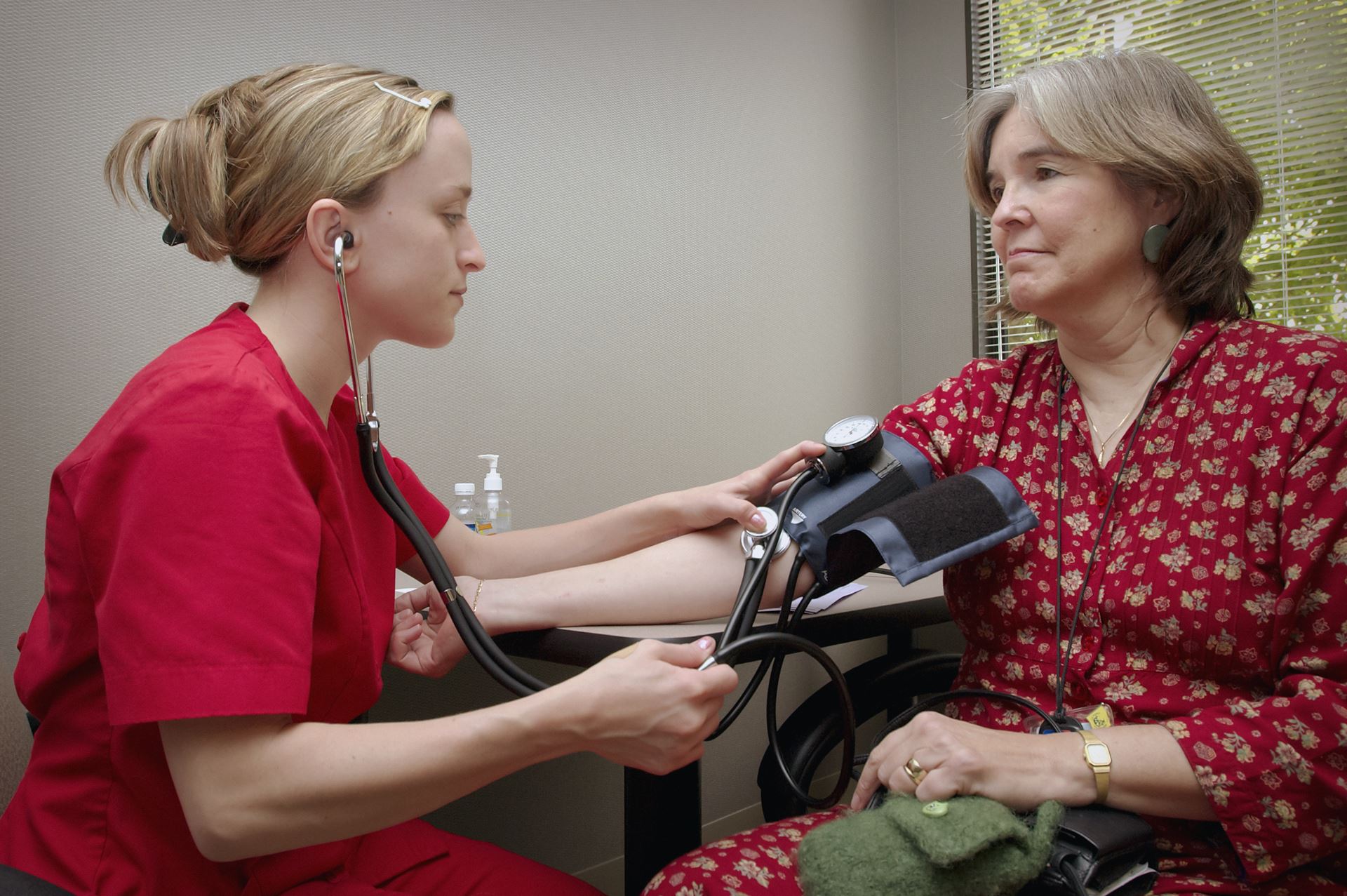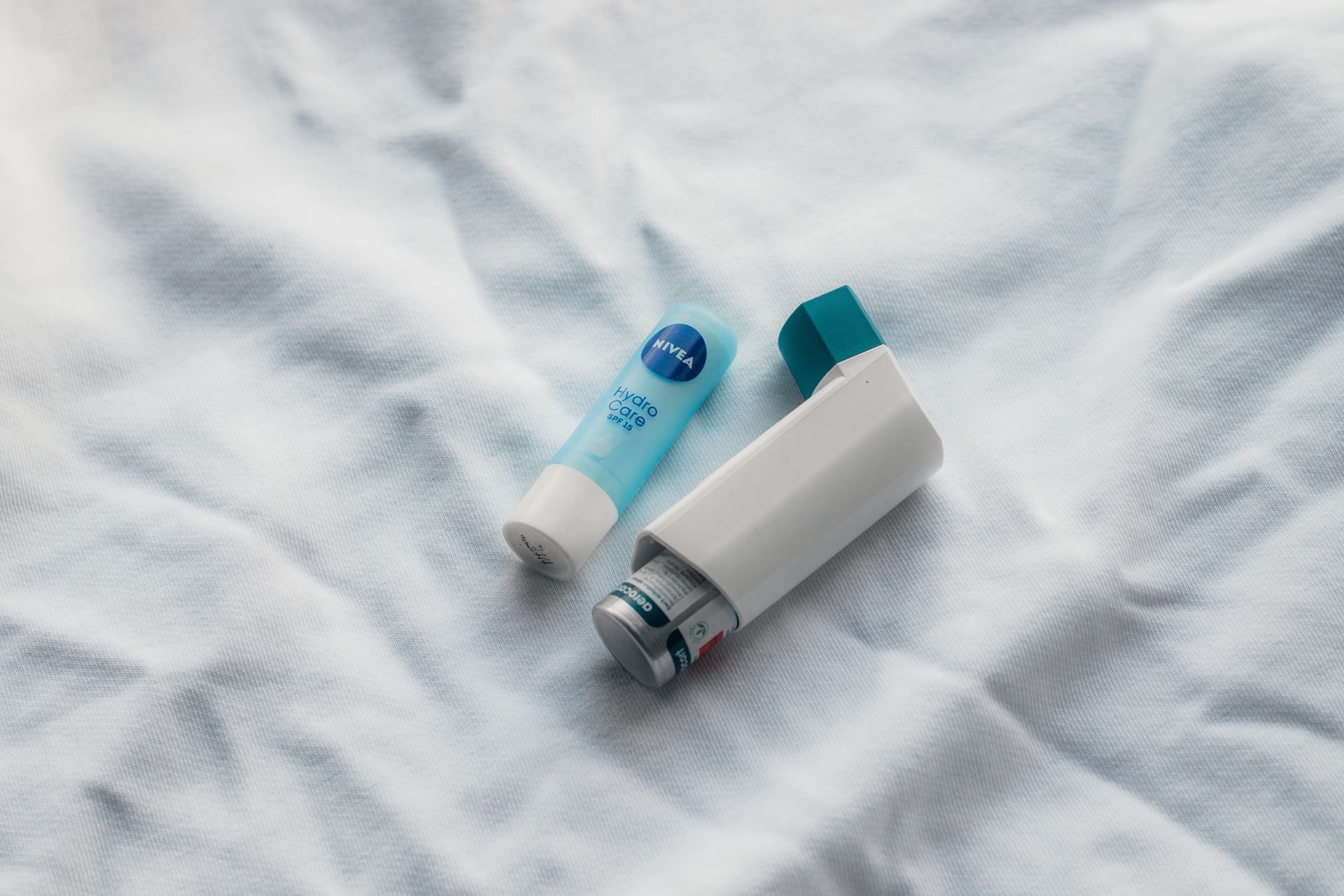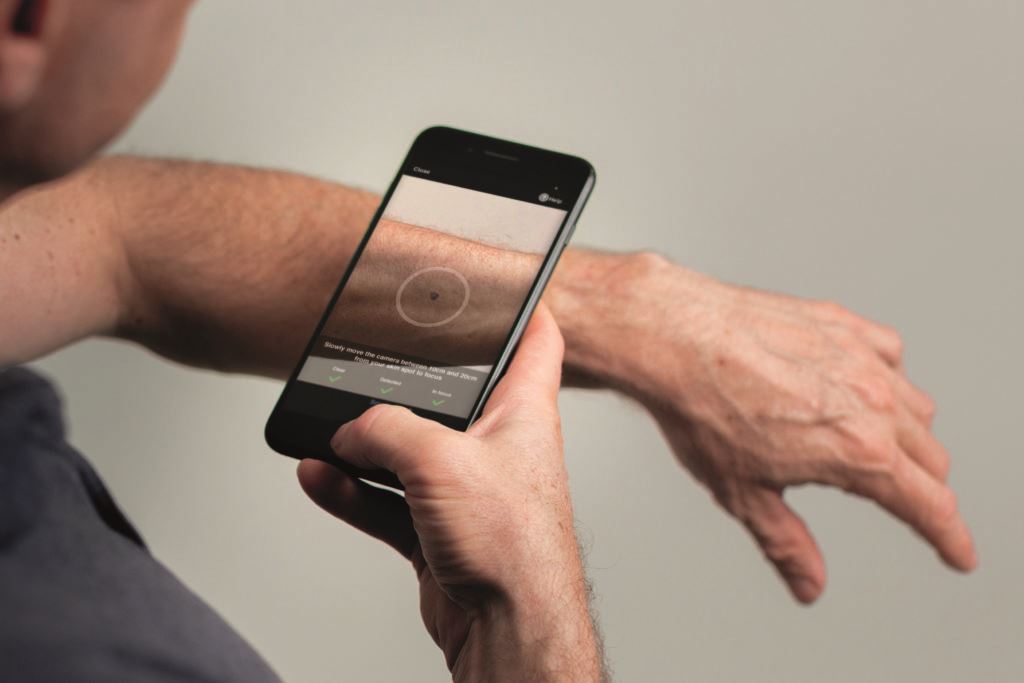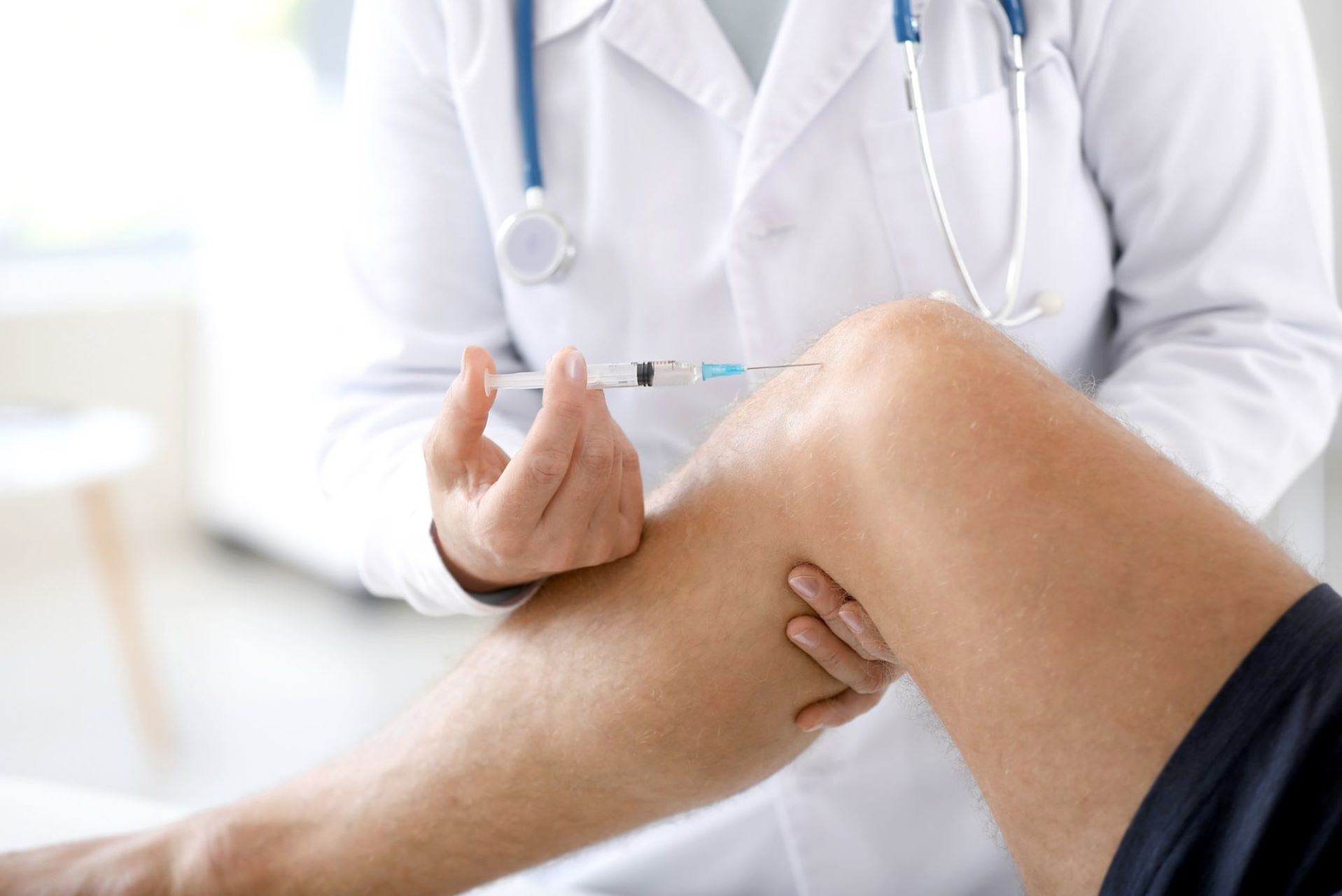CLINICS
CONTENTS:
- MENTAL HEALTH PRACTITIONER
- PHYSIOTHERAPY
- ANNUAL HEALTH CHECKS
- ASTHMA
- CHRONIC AIRWAY DISEASE
- PERSISTENT COUGH
- PHOTO TRIAGE DERMATOLOGY REFERRAL
- MINOR SURGERY
- JOINT INJECTION
MENTAL HEALTH PRACTITIONER
We currently have a Mental Health Practitioner working along side our GP's in practice. This service involves having a consultation regarding mental health problems, treatment, peer support and a referral if needed to hospital teams without needing a GP appointment.
Our Mental Health Practitioner Davy Edgar runs a clinic in our practice on a Tuesday and Thursday.
He has appointments available both over the phone and face-to-face.
You can make a routine appointment by phoning reception from 8:30am Monday-Friday.

ANNUAL HEALTH CHECKS
Chronic Disease
We perform annual blood tests and health checks for people with the following conditions:
- Hypertension
- Diabetes
- Secondary prevention of Kidney Disease
- Secondary prevention of Heart Disease
- Secondary prevention of Stroke Disease
- Secondary prevention of Peripheral Vascular Disease
- Learning Disability
For these conditions you will be sent a letter each year to have some blood tests taken. Once we have recieved the results of your blood tests an appointment will be made for a follow up phonecall with either:
Nurse Averil Patterson or Nurse Brenda Gormley

ASTHMA
For respiratory conditions such as Asthma you will be sent a letter every year with an appointment to see either:
Advanced Nurse Practitioner Anne Travers or Nurse Brenda Gormley.
You may have some tests to help diagnose your condition. Tests used to help diagnose asthma are:
- FeNO test – You breathe into a machine that measures the level of nitric oxide in your breath, which is a sign of inflammation in your lungs
-
Spirometry - You blow into a machine that measures how fast you can breathe out and how much air you can hold in your lungs
- Peak flow test – You blow into a handheld device that measures how fast you can breathe out, and this may be done several times over a few weeks to see if it changes over time

CHRONIC AIRWAY DISEASE
For respiratory conditions such as Chronic Airway Disease you will be sent a letter every year with an appointment to see either:
Advanced Nurse Practitioner Anne Travers or Nurse Brenda Gormley.
This clinic is for patients with chronic airway diseases such as:
COPD:
Chronic obstructive pulmonary disease (COPD) is the name for a group of lung conditions that cause breathing difficulties.
It includes conditions such as:
- Emphysema – damage to the air sacs in the lungs
- Chronic bronchitis – long-term inflammation of the airways
Common symptoms of COPD include:
-
shortness of breath – this may only happen when exercising at first, and you may sometimes wake up at night feeling breathless
-
a persistent chesty cough with phlegm that does not go away
-
frequent chest infections
- persistent wheezing
Click the link for more information on symptoms and diagnosis:
Bronchiectasis is a long-term condition where the airways of the lungs become widened, leading to a build-up of excess mucus that can make the lungs more vulnerable to infection.
The most common symptoms of bronchiectasis include:
- a persistent cough that usually brings up phlegm (sputum)
- shortness of breath
The severity of symptoms can vary widely. Some people have only a few symptoms that do not appear often, while others have wide-ranging daily symptoms.
The symptoms tend to get worse if you develop an infection in your lungs.
Click the link for more information on symptoms and diagnosis:
You may have some tests to help diagnose your condition. Tests used to help diagnose chronic airway disease are:
-
Spirometry - You blow into a machine that measures how fast you can breathe out and how much air you can hold in your lungs
- Peak flow test – You blow into a handheld device that measures how fast you can breathe out, and this may be done several times over a few weeks to see if it changes over time
PERSISTENT COUGH
Make an appointment to see your GP if:
- you've had a cough for more than 3 weeks (persistent cough)
- your cough is very bad or quickly gets worse – for example, you have a hacking cough or cannot stop coughing
- you feel very unwell
- you have chest pain
- you're losing weight for no reason
- the side of your neck feels swollen and painful (swollen glands)
- you find it hard to breathe
- you have a weakened immune system – for example, because of chemotherapy or diabetes
See a GP urgently if you're coughing up blood.
PHOTO TRIAGE DERMATOLOGY REFERRAL
We provide a same day photo triage dermatology referral service. This involves referring you to a consultant dermatologist for expert advice on skin conditions such as lesions, rashes and moles – When you contact reception you will be asked to send in photographs of your skin complaint to your GP.
For self monitoring of moles you can use the Skinvision Smartphone App
Click the link for more information:

MINOR SURGERY
Our minor surgery clinic is performed by Dr McMullan for removal of some skin tags and moles.
You will need an initial assessment to see if you are suitable for minor surgery or if you need a further referral to dermatology.

JOINT INJECTION
Steroid injections, also called corticosteroid injections, are anti-inflammatory medicines used to treat a range of conditions such as:
Three of our GP’s perform joint injections – you will require a triage and assessment with the GP or practice Physio Martin McCrory to see if you are suitable for this procedure.

Page created: 13 September 2022